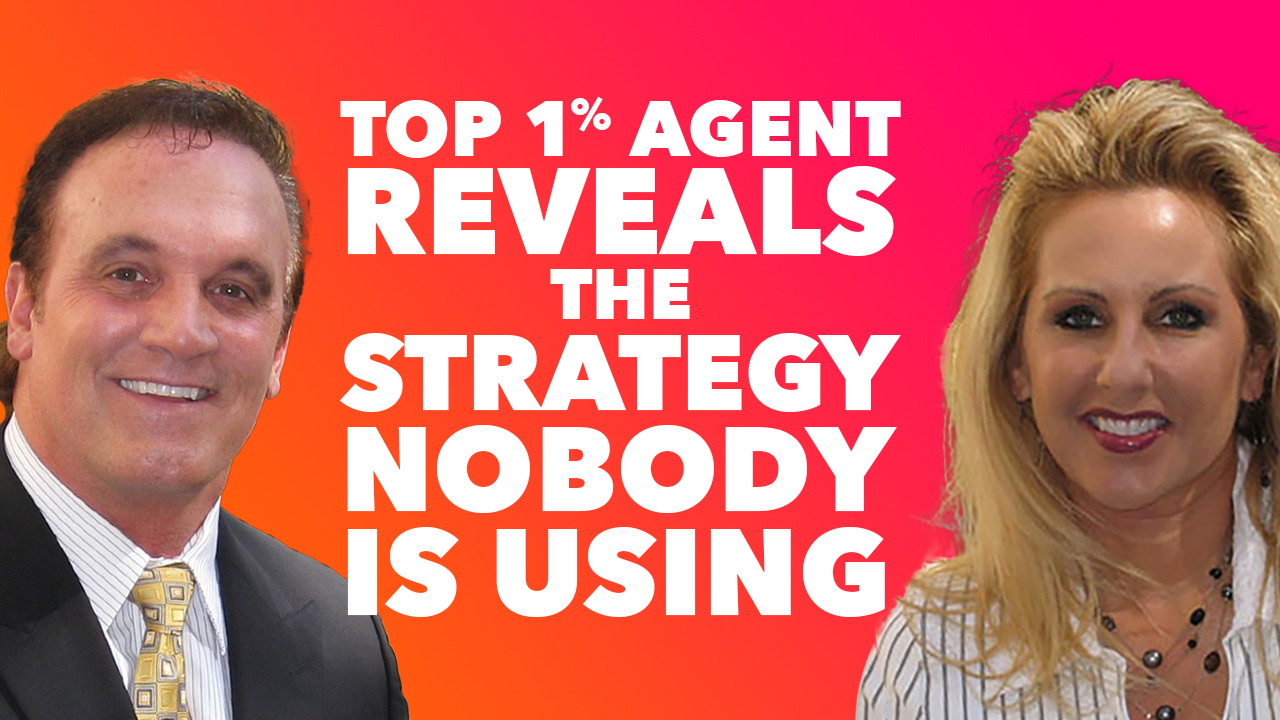Ep 123: Deep Dive – The New Reverse Mortgage – How to Use it to Have a Conversation with Prospects
Don Graves is the founder and president of the Housing Wealth Institute and an adjunct instructor of Retirement Income at the American College of Financial Services.
Today on Stay Paid, Don discusses the important connection between housing wealth and financial planning.
Key Points:
- When helping clients plan for their financial future, you should consider all available assets.
- Reverse mortgages can offer retirees a more comfortable retirement with less taxable income and a reasonable mortgage payment.
- Financial advisors and real estate agents alike can connect with clients by educating them about reverse mortgages.
Q: Introduce yourself to our audience.
Twenty years ago, I was president of a non-profit in Philadelphia called Habitat for Humanity. My sister approached me to talk about reverse mortgages. After looking into it, I realized reverse mortgages could be great for the right people at the right time.
I have 20,000 advisors working on a course I teach about reverse mortgages, and that’s my world.
Q: Explain to the audience what a reverse mortgage is and what the value is.
If you mention reverse mortgages at a family party, it’s dangerous. I thought, “Why is that?” It’s that people don’t know about them, or they have outdated information.
When you take time to move beyond what you’ve seen on TV, you realize that the biggest asset baby boomers have is their home. The average couple has less than $100,000 saved at age 65, but their home is worth much more than that.
An advisor should include all available assets when they’re developing a plan. A home is the largest asset many people have. If you don’t look at that, you’re limiting your clients.
Financial advisors need to look at their clients’ assets holistically. Imagine seeing a doctor for a cyst on your arm, and the doctor says they need to cut your whole arm off. They’d get sued for malpractice.
There are three primary federal government programs for seniors. The first is Social Security. The second is Medicare. The third is undergird in retirement. We don’t get whizzed out about those first two programs, so why get whizzed out by the third?
There are different types of mortgages that work out better for different parts of your life. When you’re young and buying your first home, you’ll get a 30-year mortgage. You’ll get another mortgage when you’re middle-aged. When you’re retired, you need a mortgage that won’t result in a monthly payment.
The federal program does this. The amount of money is based on your age. At least one spouse needs to be 62 years of age or older. The other needs to be at least 18. The loan gets repaid when the holder dies and the home is sold—and the excess goes to the surviving spouse.
I think it’s important to have taxable money and tax-deferred money. Reverse mortgages are tax-free.
Q: How do financial advisors share this information with their clients?
Most financial advisors don’t have this information, because they’re busy servicing their clients. Hopefully they’ll see this and learn about it.
If there’s a proven resource that allows clients to increase cash flow, improve liquidity, or even garner them more assets that can be invested into retirement, your clients will want to know.
Your clients need this information, and they’ll want to have it. It only makes sense to ask them if you can use all of their available assets.
This is also valuable for real estate agents. Agents can sell a home to retirees for 50–60 percent down and have no mortgage payment. This also helps your bottom line because it allows people to buy nicer homes, which puts more commission money in your pocket.
Even if you don’t think you work with retirees, you probably work with people who know retirees. 20 percent of all real estate sales last year came from retirees. First-time homebuyers have parents who need to buy and sell. If you learn what to say to people, you can earn their business.
Why wouldn’t you want to learn about this so you can tell your clients?
Action Items:
- Get Don’s book and use it to offer value to your clients.
Connect with Don:

















 Soundcloud
Soundcloud iHeart Radio
iHeart Radio Spotify
Spotify Spotify
Spotify


